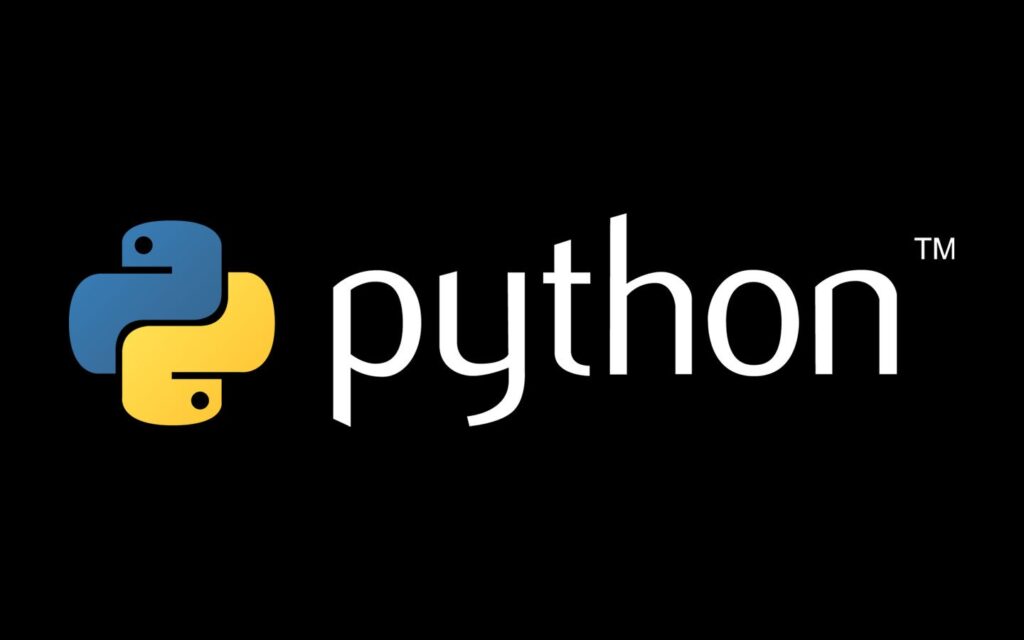The Model-View-Controller (MVC) in Python

The Model-View-Controller (MVC) architecture is available in Python, and many web frameworks follow this architecture.
Here are some popular Python web frameworks that follow the MVC pattern:
| Framework | Description |
| Django | Django is a full-stack web framework with an ORM, a templating engine, and many other features for building web applications. It follows an “MTV” (Model-Template-View) pattern similar to MVC. |
| Flask | Flask is a micro web framework that doesn’t include an ORM or templating engine but provides a simple and flexible way to build web applications. It has no strict MVC pattern, but you can structure your code following this architecture. |
| Pyramid | Pyramid is a flexible and scalable web framework that follows a strict MVC pattern. It provides much flexibility in how you structure your code and can be used for building small to large-scale web applications. |
| Bottle | The bottle is a minimalist web framework focusing on simplicity and ease of use. It follows a simple MVC pattern where you define routes (controllers) and return templates or JSON responses (views). |
| CherryPy | CherryPy is a web framework that aims to provide a complete toolkit for building web applications. It follows a strict MVC pattern and provides features like an ORM, templating engine, and URL routing. |
These are just a few Python web frameworks that follow the MVC pattern. Each framework has strengths and weaknesses, so choose the one that best fits your project’s requirements and personal preferences.